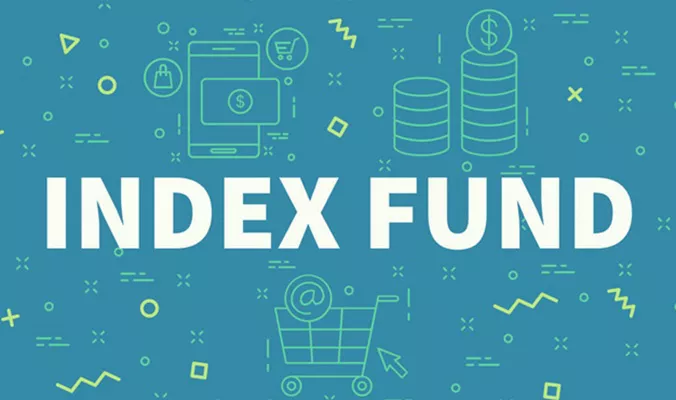Investing is an essential step for anyone looking to grow their wealth and secure their financial future. Among the various investment options available, index funds have become incredibly popular. This article will explore the details of index funds, their benefits, drawbacks, and how they compare to other types of investments, all while making the concepts easy to understand.
Understanding Index Funds
An index fund is a type of mutual fund or exchange-traded fund (ETF) designed to track the performance of a specific market index. For example, an index fund might aim to replicate the performance of the S&P 500, which consists of 500 of the largest companies in the U.S. Instead of actively selecting individual stocks, the fund buys the same stocks that make up the index, aiming to match its performance rather than beat it.
Advantages of Index Funds
Low Costs
One of the most attractive features of index funds is their low cost. Since they are passively managed, meaning no active decision-making is required by fund managers, the fees are much lower than those of actively managed funds. These lower expenses mean that investors keep a larger portion of their returns.
Broad Diversification
Index funds provide investors with immediate diversification. By investing in an index fund, you essentially buy shares of all the companies that make up the index. This means you are spreading your investment across many different companies and sectors, which can reduce the impact of a poor performance by any single company on your overall investment.
Transparency and Simplicity
The way index funds work is simple and transparent. The investor knows exactly which companies they are investing in because the fund replicates the holdings of the market index. This makes it easy for investors to understand where their money is going, unlike actively managed funds, where the decision-making process is less visible.
Consistent Performance
Index funds aim to match the performance of their target index, not outperform it. Over the long term, stock markets generally trend upwards, so index funds often provide consistent returns that reflect the market’s overall performance. While they may not produce the high returns seen with some actively managed funds, they tend to be more stable and reliable over time.
Disadvantages of Index Funds
Lack of Flexibility
One downside of index funds is that they are not flexible. Since the fund is designed to match the performance of an index, it does not make adjustments based on market conditions or the performance of individual stocks. If a company in the index begins to underperform, the index fund will still hold that stock until it is removed from the index.
No Active Management
Unlike actively managed funds, index funds don’t have fund managers who make strategic decisions about buying and selling stocks. This means that index funds cannot take advantage of market trends or capitalize on emerging opportunities the way an actively managed fund can. Therefore, while they are reliable, they might not deliver exceptional returns in a bull market or outperform the market during certain periods.
Exposure to Underperforming Stocks
Since index funds replicate the index, they include all the companies in the index, even those that are underperforming. If a company within the index is struggling or facing challenges, it will still be included in the fund, which may drag down the overall performance.
Limited Downside Protection
In times of market downturns, index funds are vulnerable to declines across the board. Unlike actively managed funds, which can be adjusted to avoid sectors or companies that are underperforming, index funds will generally mirror the market’s losses. This lack of protection can be frustrating for investors during bear markets.
Performance Comparison: Index Funds vs. Actively Managed Funds
Many studies have shown that over long periods, most actively managed funds fail to beat their benchmark indices. The reason for this is simple: actively managed funds come with higher fees, and consistently picking stocks that outperform the market is difficult. Index funds, on the other hand, provide broad market exposure at a fraction of the cost. This has made them an attractive option for investors looking for steady growth without high management fees.
Who Should Consider Index Funds?
Index funds are ideal for certain types of investors, particularly those who have a long-term investment horizon and a desire for simplicity. If you’re not interested in actively managing your portfolio or don’t have the time to keep up with market trends, index funds can offer an excellent solution.
Index funds are also great for those who want to keep costs low. The lower expense ratios associated with index funds mean that more of your money stays in your investment rather than being paid out as fees.
Finally, if you’re a beginner investor or simply want to follow the market’s general growth, index funds offer a straightforward way to get started without requiring expert knowledge or constant monitoring of your investments.
Conclusion
Index funds offer a range of benefits, including low costs, diversification, and simplicity. They are a good option for long-term investors who are not looking for active management or the risk of higher fees. However, they also have limitations, such as the lack of flexibility and the inability to outperform the market. Before investing in index funds, it is essential to consider your financial goals, risk tolerance, and the length of time you plan to invest.
Related Topics:


